Cashfree, an Indian payments startup that facilitates and processes more than $80 billion for its customers each year, has raised $53 million in a new round of funding as it gears up to deepen its presence in some international markets.
Krafton, maker of sleeper hit titles such as PUBG and BGMI, led Cashfree’s Series C financing round alongside existing investor Apis Growth Fund, the two said Wednesday. The funding values the 9-year-old startup, which has raised nearly $100 million to date, at $700 million, according to a source familiar with the terms.
It’s an unusual deal — a gaming company investing in a payments startup — but the two firms see strategic value in the partnership, their executives told TechCrunch in an interview.
“Krafton is a large organization, very active in the digital content space over the internet and payment companies like us see a sizable market opportunity alongside e-commerce, travel and other financial services,” Akash Sinha, co-founder and chief executive of Cashfree, said in an interview. “There are synergies around building seamless payment flows for smaller ticket sizes.”
In Cashfree, Krafton has found a reliable payments partner both for itself as well as its growing portfolio of startups in the country, many of which will explore switching to the Bengaluru firm’s offerings in the future. While the two companies don’t currently process payments for games like BGMI, discussions are underway and a partnership is expected soon, they said.
“India’s fintech industry is experiencing remarkable growth, and we believe Cashfree Payment’s dominant position in India can be replicated globally,” said Sean Hyunil Sohn, CEO of Krafton India.
The Bangalore-based startup, whose customers include Swiggy, Zepto, and Bajaj Finance, offers a range of products including payment gateway services and automated payouts to innovative features such as PayToPhone for mobile number-based transfers and RiskShield for fraud prevention.
Cashfree has established itself as a one-stop payment solution. Beyond its extensive domestic operations, where it offers more than 180 payment options and instant settlement features, the startup is aggressively expanding in the Middle East. It’s particularly targeting six major markets – the UAE, Saudi Arabia, Egypt, and three smaller markets including Jordan and Kuwait – with these countries developing their own domestic payment systems similar to India’s UPI and RuPay networks.
“MENA is large enough,” Sinha said. “We want to be a leader in this market. We are focusing on six big marketplaces like UAE, Saudi, Egypt and three smaller markets like Jordan and Kuwait.”
Cashfree’s founders stumbled into the payments business by accident. In 2015, Akash Sinha and Reeju Datta started with a basic service: helping Bangalore restaurant delivery workers collect cash from customers. Neither had worked in payments before. But when their restaurant clients asked for online payment options, they spotted a bigger opportunity.
Early investors weren’t convinced. Many doubted a payment processing startup could scale quickly enough to matter. Y Combinator’s acceptance changed that trajectory, even though the founders had missed application deadlines and couldn’t make it to the batch on time.
The startup has recently secured two additional licenses, including one for cross-border transactions, and has gone live with several international customers.
Cashfree’s technology stack allows businesses to process up to 12,000 transactions per second during peak demand. The startup has also developed SecureID, an identity verification system that has performed over a billion verifications to date, helping businesses combat fraud while reducing customer drop-offs during onboarding.
Cashfree is one of the first companies to receive authorization from India’s central bank to operate as a payment aggregator for both domestic and international transactions. The startup, which was incubated by PayPal, counts Y Combinator and State Bank of India among its earlier backers.
For Krafton, the investment aligns with its broader strategy in India, where it has invested nearly $200 million across several startups.









